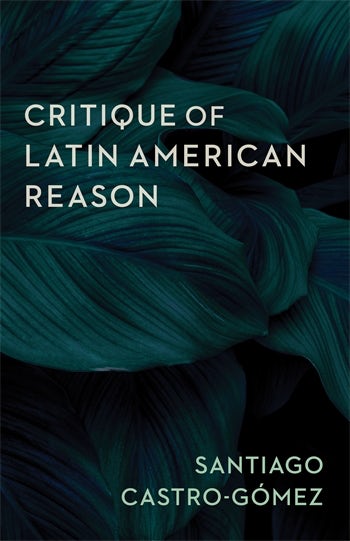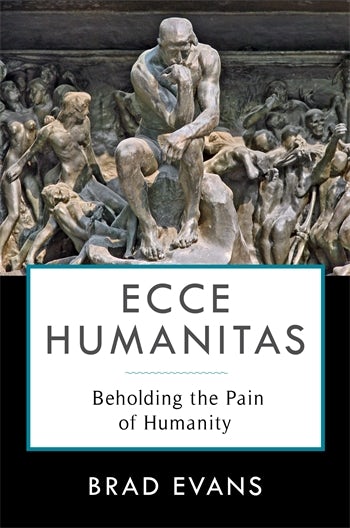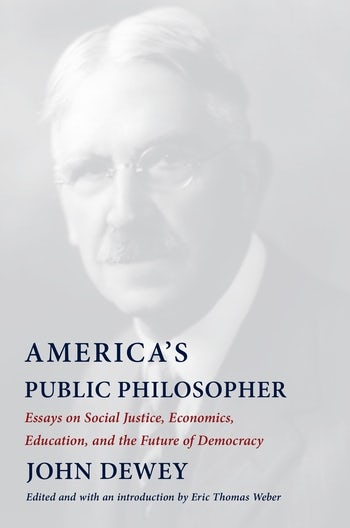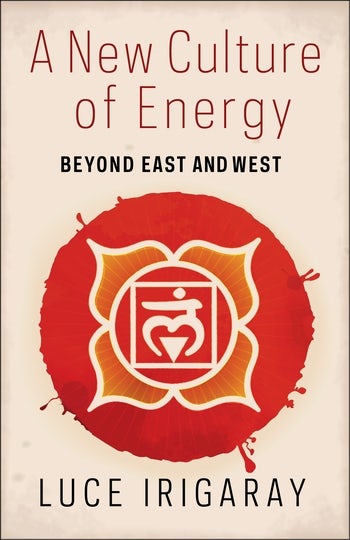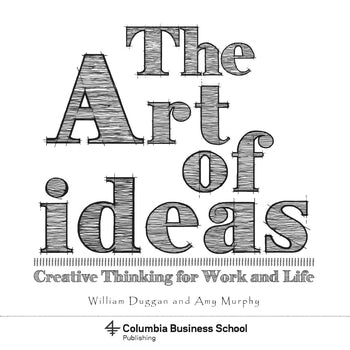Announcing Our 2021-2022 Philosophy Catalog
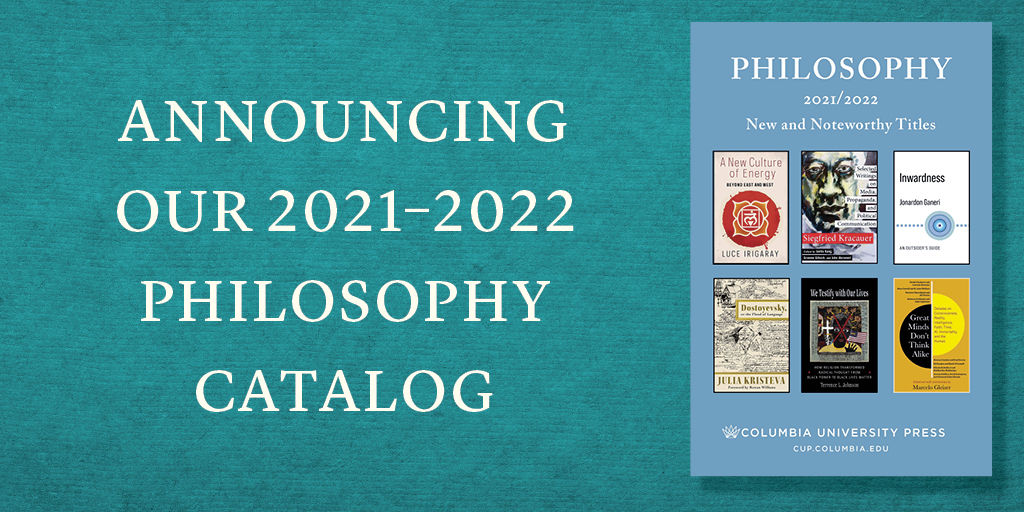
Letter from the Philosophy Editor:
It is with great pleasure that I present the Columbia University Press philosophy catalog for 2022. These titles, which span subjects from critical theory to political philosophy to philosophy of religion, aesthetics, environmental and animal philosophy, philosophy of science, philosophy of gender, and Asian philosophy, reflect the interdisciplinary and global approach of our list and exemplify the innovative and field-changing scholarship that we value.
Among the many outstanding titles in this year’s wide-ranging catalog, several deserve special attention. In the area of critical theory, Selected Writings on Media, Propaganda, and Political Communication by Siegfried Kracauer, edited by Jaeho Kang, Graeme Gilloch, and John Abromeit, introduces to English speakers Kracauer’s writings on propaganda and politics, which presciently anticipate conditions in the world today, from the rise of new forms of fascism to the relationship between new media technologies and authoritarianism. .
Critique of Latin American Reason by Santiago Castro-Gómez, also newly available in English, is one of the most important twentieth-century philosophical works from the Global South and among the first to expose the colonial underpinnings of the region’s political thinking.
An outstanding contribution to both political theory and Black religion, We Testify with Our Lives by Terrence Johnson reveals the unacknowledged religious and ethical force motivating Black radical politics from the civil rights era to today.
Public philosopher Brad Evans’s Ecce Humanitas is an impas- sioned exploration of how political violence has been sacralized and how art can incite resistance.
And America’s Public Philosopher, edited by Eric Thomas Weber, is a curated collection of John Dewey’s most influential essays on democracy, social justice, education, and politics, which are more relevant and more radical today than when they were written.
Other exciting new books of note include Great Minds Don’t Think Alike, edited by bestselling astrophysicist Marcelo Gleiser, a contribution to the ongoing dialogue between science and philoso- phy that features such prominent thinkers as David Chalmers, Antono Damasio, Sean Carroll, Alan Lightman, Elizabeth Kolbert, Siddhartha Mukherjee, and Patricia Churchland debating consciousness, reality, AI, and other big questions.
Other Lives by Sonam Kachru is a brilliant engagement with the late fourth-century Buddhist thinker Vasubandhu, the first in any tradition to propose an enactivist account of mind in the context of world philosophy.
Matthew Calarco returns with The Boundaries of Human Nature, a spirited investigation of how historical and contemporary thinkers from the Jains to Donna Haraway have challenged anthropocentrism.
In Dostoyevsky, or the Flood of Language, French theorist Julia Kristeva recounts the profound influence the Russian novelist had on her own thinking.
Her compatriot Luce Irigaray, in A New Culture of Energy, considers how this primal force has been differently conceptualized in Asia and the West and how we might cultivate an existence in harmony with the natural world.
And in Inwardness, the newest volume in the No Limits series, Jonardon Ganeri reflects on how religious traditions, philosophies, and literary and artistic works have imagined our interior life.
I am confident that you will find much to enjoy and ponder in these pages. My colleagues and I look forward to continuing our dialogue.
Wendy Lochner, Publisher, Philosophy, Religion, Political Theory, Animal and Critical Life Studies
Categories:CatalogsColumbia University PressPhilosophy
Tags:A New Culture of EnergyAmerica's Public PhilosopherAndrew AscherlAntonia PontBrad EvansCritique of Latin American ReasonDostoyevskyEcce HumanitasEduardo MendietaEric Thomas WeberGraeme GillochGreat Minds Don’t Think AlikeInwardnessJaeho KangJake ChapmanJody GladdingJohn AbromeitJohn DeweyJulia KristevaLinda Martín AlcoffLuce IrigarayMarcelo GleiserMatthew CalarcoNo Limitsor the Flood of LanguageOther LivesRowan WilliamsSantiago Castro-GómezSelected Writings on Media Propaganda and Political CommunicationSiegfried KracauerSonam KachruStephen PluháĉekStephen SeelyTerrence L. JohnsonThe Boundaries of Human NatureWe Testify with Our LiveWendy Lochner


